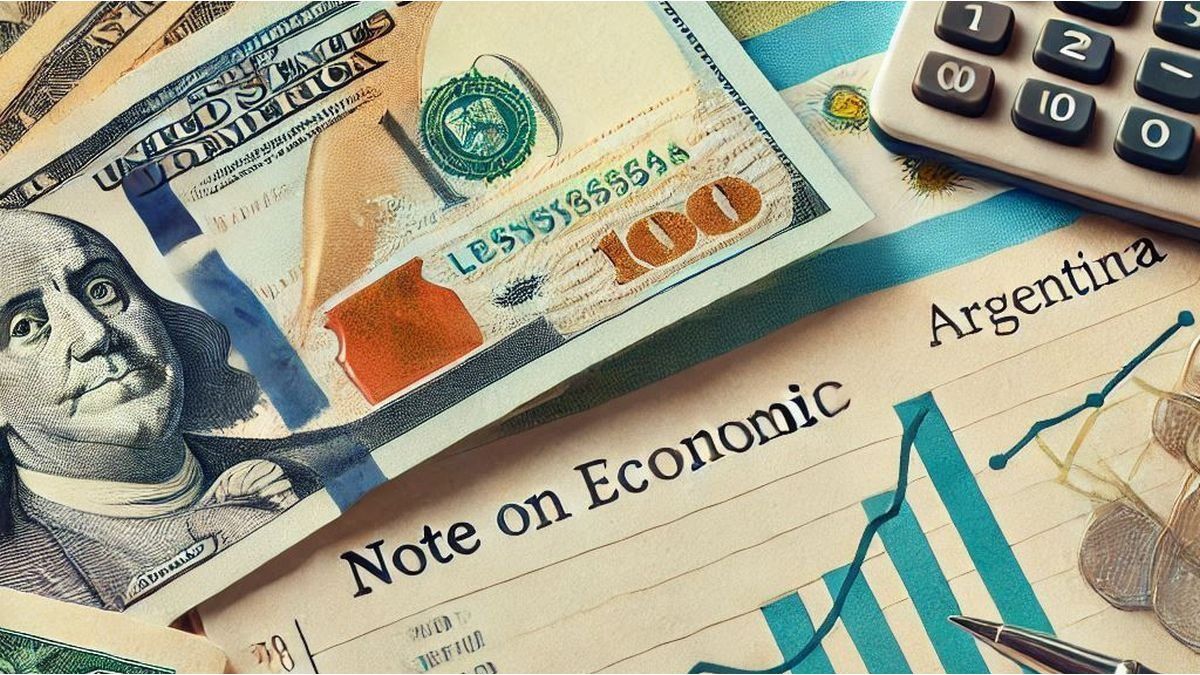The investment bank JP Morgan celebrated the notable slowdown in inflation in Argentina, which reached 2.4% in November, the lowest level since July 2020. This result not only exceeded market expectations, but also reinforces the prospects of a year-end with accumulated inflation of 118% and a marked reduction towards 25% annually by 2025according to the projections of the report prepared by economists Lucila Barbeito and Diego Pereira.
A change in inflationary dynamics
The observed slowdown responds, to a large extent, to seasonal factors. JP Morgan noted that food prices showed a monthly variation of just 0.9%, driven by a significant drop in fresh vegetables, with drops of 11% in general and 31.7% in products such as tomatoes. Likewise, core inflation, which excludes more volatile components, fell to 3%, half a point less than in October.
Among the sectors that contributed most to this inflationary relief, the following stood out: Clothing and footwearwith an increase of 1.9%, and Home equipmentwith only 1.5%. However, areas such as Education (5.1%) and Basic servicessuch as housing and electricity (4.5%), showed more pronounced increases, reflecting the rate adjustments driven by official policy.
Exchange strategy and its effects
The report also assessed the decisions of the Ministry of Economy regarding the management of the exchange rate. The slowdown of “crawling peg” —the gradual adjustment of the official dollar— to 2% monthly has been key to moderating inflationary pressure.
According to JP Morgan, this pace of adjustment will be decisive in maintaining price stability and allowing monthly inflation close to 2% during the first quarter of 2025.
Projections for 2025
Looking ahead to next year, the bank anticipates a economic growth of 5% and a notable stabilization in prices, which could lead Argentina to inflationary levels comparable to those of 2020, although in a very different context. At the time, inflation of 36% annually coincided with a 10% contraction in GDP, while solid growth driven by investment and exports is now expected.
JP Morgan also projects that the appreciation of the peso, around 30% against the blue dollar, could help control costs and improve the competitiveness of productive sectors. However, he warns that Javier Milei’s government does not have room for errors in exchange management, especially in a scenario where international prices and geopolitical tensions generate uncertainty.
Challenges and strengths of the current context
The North American bank’s analysis highlights that, although regulated prices continue to represent a challenge – with increases of 3.3% in basic services and prepaid medicine – the implementation of fiscal austerity policies and monetary control are generating palpable results. Furthermore, the return of confidence in the peso as a means of payment has allowed the adjustment measures to not impact consumption as negatively as expected.
For JP Morgan, the successful management of economic policy in the coming months will be crucial to consolidate the stability achieved and guarantee that the inflation projection of 25% annually for 2025 is met. This optimism also finds support in the emerging consensus between consulting firms and economic organizations that estimate sustained growth in activity.
A scenario of caution and opportunities
The report concludes that, although the path to stabilization has been outlined, it will be vital that the measures adopted continue to be aligned with the fiscal adjustment goals and exchange rate predictability. The global context, characterized by geopolitical tensions and fluctuations in raw material prices, represents both risks and opportunities for the Argentine economy in this new chapter.
Source: Ambito
I am Pierce Boyd, a driven and ambitious professional working in the news industry. I have been writing for 24 Hours Worlds for over five years, specializing in sports section coverage. During my tenure at the publication, I have built an impressive portfolio of articles that has earned me a reputation as an experienced journalist and content creator.




